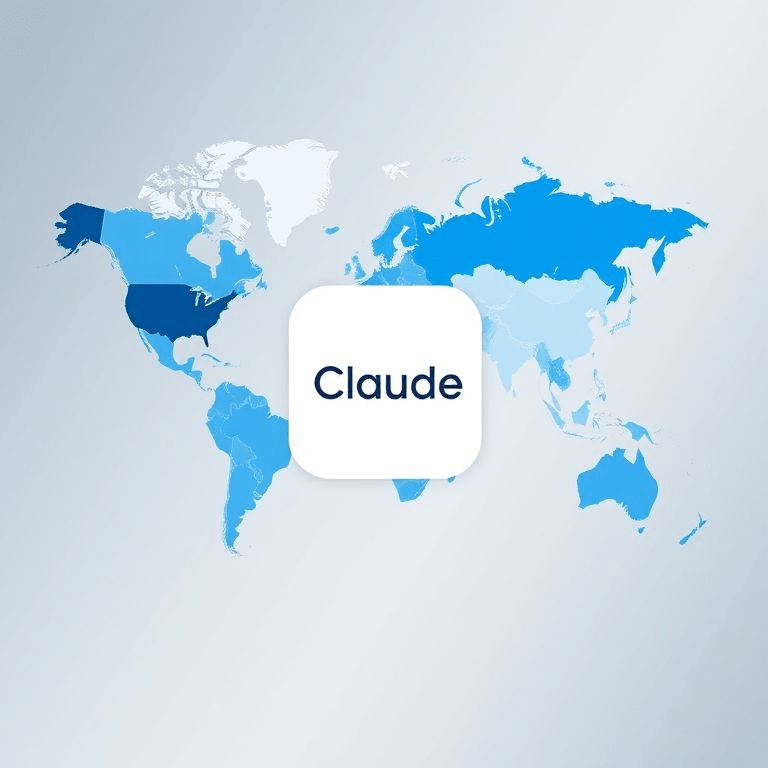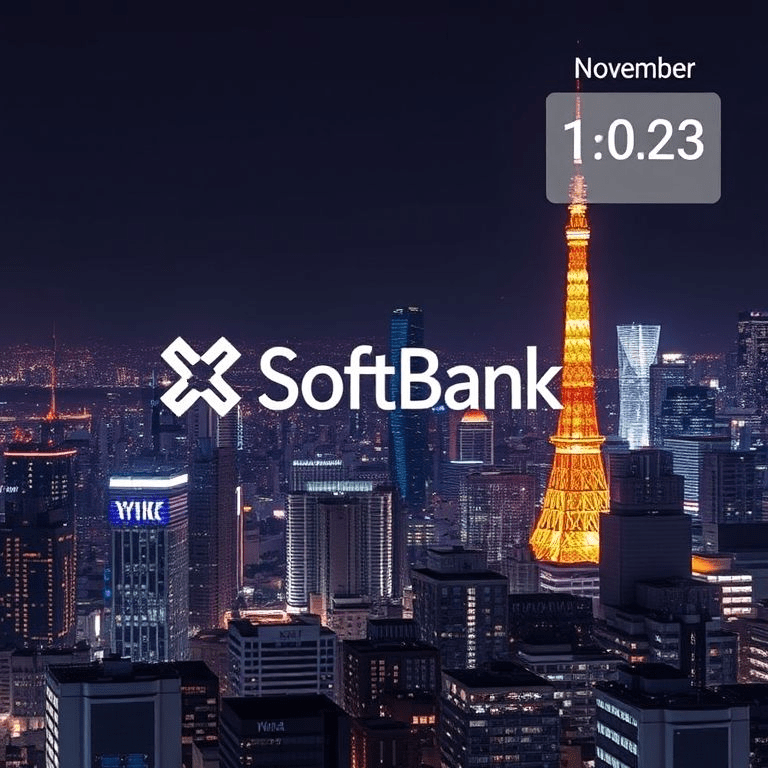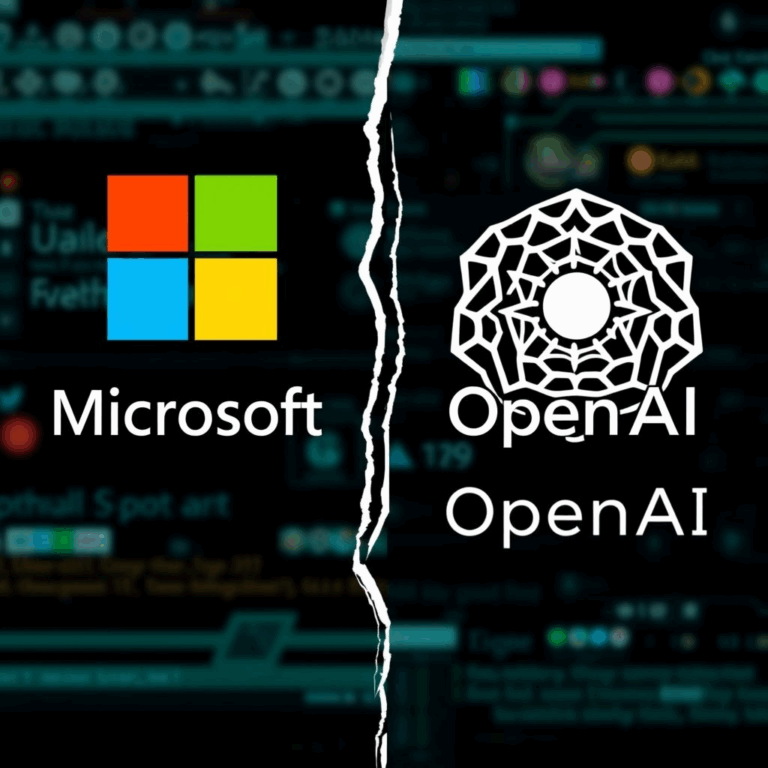EU launches Digital Omnibus consultation with AI in focus
Introduction
On September 20, 2025, the European Union opened its much-anticipated Digital Omnibus consultation, a wide-reaching effort to streamline and align rules on AI, data governance, and cybersecurity.
The consultation, open through October 14, invites companies, civil society groups, and citizens to weigh in on how Europe should refine its digital regulations. Policymakers describe the process as an attempt to cut through overlapping compliance requirements, but for the AI industry, it may be one of the most consequential regulatory milestones of the year.
What is the Digital Omnibus?
The Digital Omnibus is not a single law but a consolidation effort — a way for the EU to simplify and harmonize obligations across different digital domains.
Key areas under consultation include:
- Artificial intelligence obligations (including transparency and risk classification under the AI Act)
- Cybersecurity requirements for critical services and digital infrastructure
- Data governance and interoperability rules across platforms
- Simplification of cross-cutting reporting obligations for firms operating in multiple EU states
While the AI Act remains the EU’s primary framework for governing artificial intelligence, the Digital Omnibus aims to ensure consistency across laws, prevent contradictions, and reduce administrative burden.
Why it matters for AI companies
For AI vendors and developers, Europe represents both a lucrative market and one of the most complex regulatory environments.
The consultation could determine how companies must:
- Catalog training data provenance
- Conduct risk assessments for foundation models
- Report system failures or misuse
- Provide transparency documentation for high-risk AI applications
Simplified rules may lower barriers to entry for startups while clarifying compliance pathways for large players. But the process also risks creating tighter, more centralized obligations that firms must meet to operate legally in Europe.
Industry reactions
Early reactions from industry groups and policy analysts highlight both optimism and concern.
- Optimism: Streamlining could cut duplicative paperwork and reduce legal uncertainty.
- Concern: Too much simplification could water down protections or delay enforcement of the AI Act.
Dr. Louise Krüger, a European tech policy researcher, said:
“The Digital Omnibus consultation is a chance to align digital rules, but it must not become an excuse for regulatory delay. Citizens deserve clarity and protection now.”
Startups, meanwhile, are lobbying for lighter-touch compliance templates, arguing that resource-heavy documentation favors larger corporations.
Global implications
The EU often sets de facto global standards, as seen with the GDPR. If the Digital Omnibus clarifies or tightens AI compliance, non-EU companies may need to follow suit to maintain European operations.
This dynamic could lead to:
- Worldwide adoption of EU-style AI compliance
- Increased costs for U.S. and Asian AI companies exporting to Europe
- Broader debates about whether Europe’s model stifles or protects innovation
Cybersecurity and AI intersection
Another critical area is how AI regulation intersects with cybersecurity. As AI systems control more sensitive processes, the Omnibus may propose stricter requirements for:
- Incident reporting within 24–48 hours
- Penetration testing for AI systems handling critical infrastructure
- Certification schemes for high-risk AI vendors
Such rules could significantly impact cloud providers, financial AI firms, and healthcare technology providers.
Operational impacts on companies
If adopted, firms may need to:
- Establish dedicated compliance teams for AI governance
- Build automated documentation systems to meet EU transparency requirements
- Invest in auditing and certification services for AI models
While costly, these measures may ultimately strengthen trust in AI systems — a potential competitive advantage in markets where consumers and regulators demand accountability.
What happens next?
The consultation runs until October 14, 2025. Afterward, the European Commission will:
- Review submissions from companies, NGOs, and individuals.
- Draft proposals for streamlined rules, possibly via delegated acts or new guidance.
- Integrate changes into existing AI and cybersecurity frameworks.
The first tangible updates may emerge in early 2026, with phased enforcement following soon after.
Outlook
For now, AI firms operating in Europe should:
- Participate in the consultation to shape outcomes.
- Begin aligning internal practices with both AI Act obligations and potential Omnibus clarifications.
- Prepare for compliance costs, but also for the reputational benefits of meeting Europe’s gold standard for digital trust.
If history repeats GDPR’s global influence, the Digital Omnibus consultation may become a turning point in how AI systems are governed not only in Europe, but worldwide.
Key Takeaways
- The EU launched its Digital Omnibus consultation to streamline AI, data, and cybersecurity rules.
- Feedback is open until October 14, 2025.
- AI companies face new compliance, but also clarity and trust advantages.







